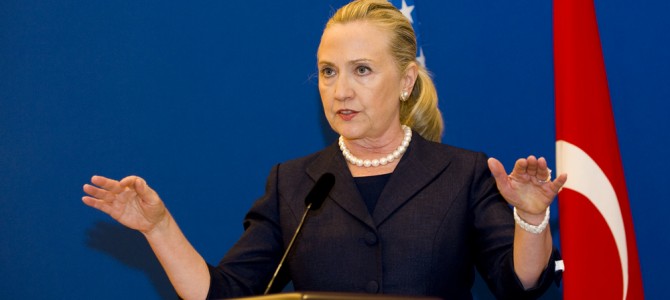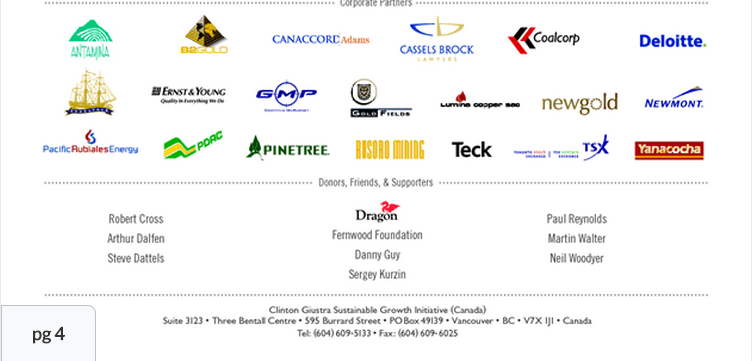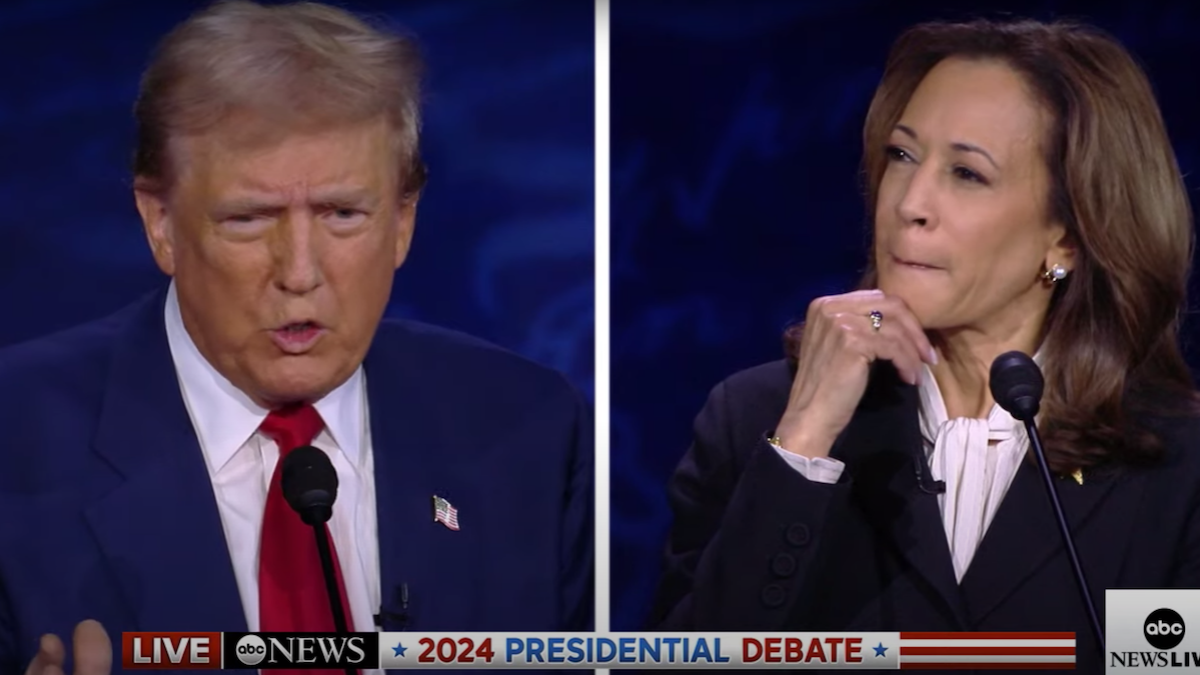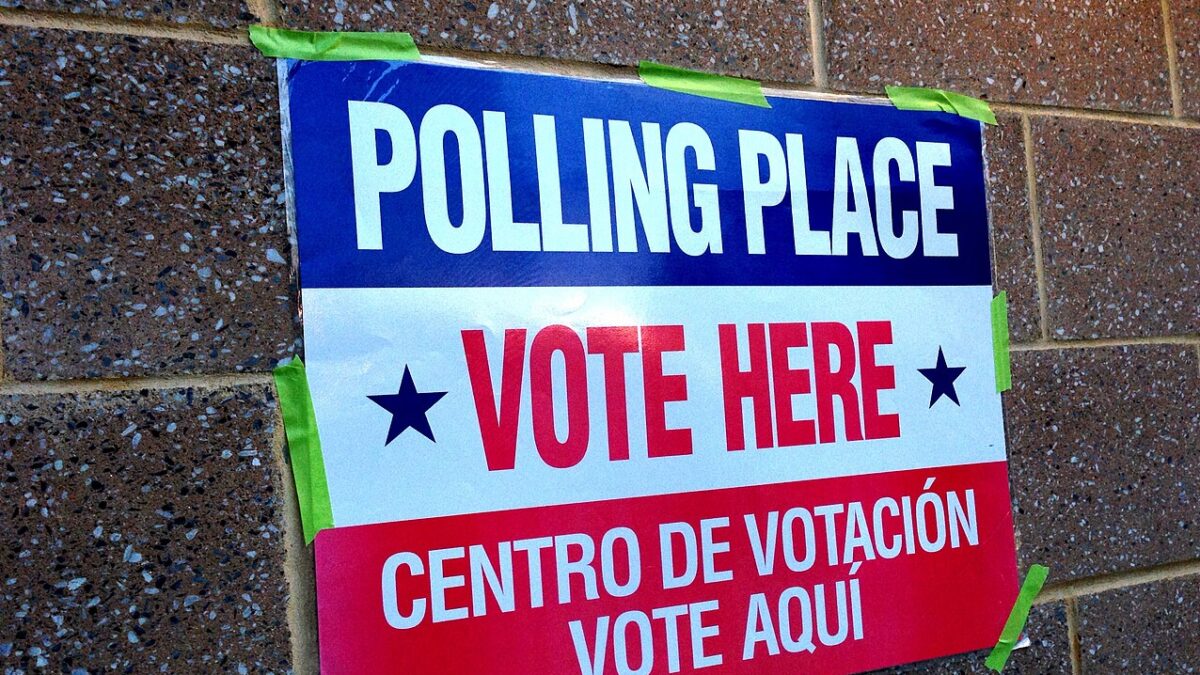
[UPDATE: After this article was initially published, the Clinton Foundation sent The Federalist two links (here and here) allegedly supporting its contention that federal law in Canada prohibits public disclosure of the names of charitable organization donors. Unfortunately for the Clinton Foundation, neither link supports the organization’s rationale for deliberately withholding donor information from the public. In fact, one of the links actually includes information that directly contradicts the Clinton Foundation’s assertion.
According to a guide for non-profit compliance that is prominently linked on the page provided by the Clinton Foundation, fundraising activities of non-profits are specifically exempt from the privacy protections in Canada’s federal privacy law. Why? Because, as the article below states, public disclosure of non-profit donors does not constitute “commercial activity” and is therefore not at all prohibited:
Most non-profits are not subject to the Act because they do not engage in commercial activities. This is typically the case with most charities, minor hockey associations, clubs, community groups and advocacy organizations. Collecting membership fees, organizing club activities, compiling a list of members’ names and addresses, and mailing out newsletters are not considered commercial activities. Similarly, fundraising is not a commercial activity.
As noted by tax experts quoted in the story below, and contrary to the claims of the Clinton Foundation, there is simply no blanket federal ban in Canada on the public disclosure of non-profit donors.]
The Clinton Foundation is coming under light fire for the way it does business. The New York Times reported that folks connected to uranium mining deals in Kazakhstan gave lots of money to the Clinton Foundation while the involved firm had business before the State Department run by Hillary Clinton. Bill Clinton was given half a million dollars to speak for a Russian bank connected to the deal. And things went well for the companies involved when it came to getting support for their deals from the State Department.
There’s also the Clinton Foundation’s widespread practice of accepting huge donations from business executives and others who do business with foreign governments combined with failure to be transparent about those donations — even though Hillary Clinton was supposed to make sure contributions to the foundation were fully public. Because of the New York Times report, other journalists pressed the foundation to explain why it failed to disclose some five years’ worth of foreign contributions while Hillary was secretary of state.
The Foundation admits that mistakes were made (“yes, we made mistakes“) while also requesting the benefit of the doubt. But the statement admitting the failures to properly disclose contributions also contained errors, including some found by conservative researcher @morgenr using a digital archive of the internet.
The Clinton’s statement acknowledges that they failed to disclose some donors to one of its initiatives. But it claims that it was forced to hide those donors because of Canadian law. And that’s not true, even if much of the media reflexively accepted it at the outset.
Prepare for the Clintonian explanation
Before we get to the statements that aren’t true, prepare to get Clintoned. The Clinton Foundation has 11 initiatives. One of them is the Clinton Giustra Enterprise Partnership. The Clinton Foundation is responsible for all the work that the Clinton Giustra Enterprise Partnership does. Some of that work is funded by a group called … the Clinton Giustra Enterprise Partnership (Canada) (yes, this does seem kind of confusing to have two groups with the same name). And that group has donors as well. The Clintons say that they don’t disclose donors to the Clinton Giustra Enterprise Partnership (Canada) and that while, sure, all sorts of shady stuff could be funneled through a group that doesn’t disclose its donors that give exclusively to the Clinton Foundation, “[t]his is hardly an effort on our part to avoid transparency” because “unlike in the U.S., under Canadian law; all charities are prohibited from disclosing individual donors” without their approval. This is problematic on multiple fronts.
For one thing, donors to the outfit were disclosed — in Canada. They just weren’t disclosed to U.S. media.
Take, for example, one Sergey Kurzin. And let’s step back a minute to explain the context. Keep an eye out for familiar names.
This 2008 story from the New York Times (“After Mining Deal, Financier Donated to Clinton“) details a fairly standard way that crony capitalism corrupts markets and foreign policy.
Late on Sept. 6, 2005, a private plane carrying the Canadian mining financier Frank Giustra touched down in Almaty, a ruggedly picturesque city in southeast Kazakhstan. Several hundred miles to the west a fortune awaited: highly coveted deposits of uranium that could fuel nuclear reactors around the world. And Mr. Giustra was in hot pursuit of an exclusive deal to tap them.
Unlike more established competitors, Mr. Giustra was a newcomer to uranium mining in Kazakhstan, a former Soviet republic. But what his fledgling company lacked in experience, it made up for in connections. Accompanying Mr. Giustra on his luxuriously appointed MD-87 jet that day was a former president of the United States, Bill Clinton.
Wait. Giustra sounds familiar doesn’t it. Could it be that Canadian mining financier Frank Giustra is related to this big Giustra Enterprise Partnership operation run by the Clinton Foundation? Indeed it could. It is! So Bill Clinton vouched to Kazakhstan strongman President Nursultan Nazarbayev for Giustra. And just by chance, the strongman guy who just days ago was reelected by a wide margin (it’s not that he’s quashed political dissent, he’s just a really effective campaigner, I’m sure) received Bill Clinton’s enthusiastic support for his bid to head a group that monitors elections. But seriously, just today Nazarbayev gave the best defense of his 97.7% claim of the vote:
At a later news conference, he said of the poll results: “I apologize that for super-democratic states such figures are unacceptable. But I could do nothing. If I had interfered, I would have looked undemocratic, right?”
I kind of see why he and Bill are friends. Anywho, we should, perhaps, mention that Clinton’s public declaration of support contradicted U.S. foreign policy regarding Kazakhstan’s abysmal human rights record. But what are human rights violations when huge piles of cash and one-fifth of the world’s uranium reserves are on the line, you know?
And what a pile of cash. Not two days after Clinton greased the skids did nothing illegal that you can prove, Giustra signed agreements to buy into three uranium projects controlled by Kazakhstan’s state-owned uranium agency. The New York Times reports that the “monster deal stunned the mining industry, turning an unknown shell company into one of the world’s largest uranium producers in a transaction ultimately worth tens of millions of dollars to Mr. Giustra.”
And then, totally a coinkydink but just a few months later, Giustra gave $31.3 million to the Clintons and pledged a total of $100 million! What a charitable guy. The more cash he’s gotten from this and subsequent, Clinton-proximate mining deals, the more the Clintons get to their foundation. What a business model! What a scam! What a country!
So the New York Times article I keep mentioning notes how difficult it was to make inroads in Kazakhstan. One man who helped Giustra’s “UrAsia” company get access was named Sergey Kurzin:
“Timing was everything,” said Sergey Kurzin, a Russian-born businessman whose London-based company was brought into the deal by UrAsia because of his connections in Kazakhstan. Even with those connections, Mr. Kurzin said, it took four months to arrange a meeting with Kazatomprom.
Clinton’s visit that helped seal the deal for Kurzin and Giustra was hastily arranged. The stated purpose was something to do with the Clinton Foundation helping the government buy discounted AIDS drugs. But during public remarks at a news conference, he said he hoped Nazarbayev would get to lead the Organization for Security and Cooperation in Europe. That confused folks since the U.S. opposed that bid. Even Hillary Clinton had opposed the bid, citing serious corruption, canceled elections and government control of the media.
Everyone but the Clintons agree that Bill’s statement was seen as a tremendously misguided endorsement of Kazakhstan’s president.
But when Nazarbayev won re-election in 2005 with only 91 percent of the vote, Clinton sent a congratulations note that took the results seriously even when international observers cited intimidation and ballot-box stuffing.
Back to Kurzin
The Clinton foundation claims that it couldn’t be totally transparent about who was doing business with this Giustra Partnership because of Canadian law barring them from listing individual donors. And in this CNN story, a Giustra spokesman claims that they didn’t brief the Clinton Foundation on donations to the Clinton Giustra Enterprise Partnership:
Giuistra’s spokesperson would not detail the group’s donors, but said that no one from the Clinton Foundation was briefed on donations to The Clinton Giustra Enterprise Partnership (Canada) because that would have broken Canadian law.
But @morgenr found a few instances of the Clintons publishing this information on Canadian web sites:
Foundation says Cdn law prevented them from listing donors, but they were listed on Cdn charity web site
http://t.co/PcYuu4fQMA
Morgen (@morgenr) April 27, 2015
Kurzin is listed as a donor on the Cdn website for the Clinton-Guistra partnership.
http://t.co/PcYuu4fQMA pic.twitter.com/J0eTgTiLIP
Morgen (@morgenr) April 27, 2015
Clinton Foundation disclosed Canadian donors at the bottom of this doc in 2009…just not to U.S. media
http://t.co/s80L1DYR2M
Morgen (@morgenr) April 27, 2015

As much as one can admire — in a way — the Clinton Foundation defending itself by claiming that the Clinton Giustra Enterprise Partnership (Canada) can hide all sorts of cash money funneled from shady characters, oligarchs, foreign countries and the like, their explanations claiming they consistently concealed donor information from the Clinton Foundation itself doesn’t hold up.
Because It’s Not True
The Federalist asked the Clinton Foundation for substantiation of the claim that Canadian law prohibits identifying donors. As of press time, they had been unable to provide that substantiation.
According to an expert on Canadian charitable organization law, however, the Clinton Foundation claim that public disclosures are barred by federal law rests on shaky ground. Adam Aptowitzer, an attorney with Drache Aptowitzer LLP, told The Federalist that Canadian federal law does not have a blanket prohibition on public disclosure of the names of charity donors.
“Federal law prohibits disclosure related to commercial activity: things like selling, renting, or bartering of a list. Fundraising is not a covered activity under PIPEDA, the federal privacy law,” Aptowitzer said. Federal privacy laws in Canada prohibit the disclosure of personal information in the course of commercial activity.
“I don’t see how the public disclosure of a donor’s name constitutes commercial activity,” Aptowitzer concluded. “There’s no transaction; there’s no consideration.”
As Aptowitzer notes, Canada’s Personal Information Protection and Electronic Documents Act (PIPEDA) discusses disclosure of personal information but it covers only commercial activities. The Office of the Privacy Commissioner of Canada specifically declares that charities are exempted:
It should be noted that PIPEDA does not apply to organizations that are not engaged in commercial activity. As such, it does not generally apply to not-for-profit and charity groups, associations or political parties, for example—unless the organization is conducting a commercial activity (fundraising is not considered a commercial activity).
The Federalist also reached out to the Canada Revenue Agency, the Canadian equivalent of the U.S. Internal Revenue Service and the primary federal overseer of charitable organizations in Canada, and asked if the agency was aware of any blanket statutory ban on donor disclosure.
“The Canada Revenue Agency (CRA) is responsible for administering only those provisions of the Income Tax Act that relate to the registration and monitoring of charities and other qualified donees,” Magali Deussing, a public affairs representative for the CRA, told The Federalist. “Although the Income Tax Act regulates whether the CRA can disclose taxpayer information (including donor information), it does not regulate whether a registered charity or other qualified donee can disclose donor information.”
Either way, if the Clinton Giustra Enterprise Partnership’s Canadian bundler somehow felt that they needed to ask for permission, they could easily do that. Just looking at other large Canadian foundations shows us that other foundations don’t hide their donors using claims it’s illegal to disclose donor information in Canada.
All the big donors to United Way in Toronto, for instance, are named on the charity’s web site, including roughly how much they gave. If donors “requested” anonymity, United Way gave it but no one who gave at the Platinum Club ($5M+), Gold Club ($2.5M-$5M) or Million Dollar Round Table ($1M-2.5M) levels did so. All the folks who made endowment and bequest gifts — with a few exceptions — were listed on the United Way Toronto’s website. None who gave at the $500K+ level requested anonymity. Or the $200K-$500K level. And so on and so forth. Why should United Way Toronto have such a higher standard for transparency than the Clinton Giustra Enterprise Partnership? This is particularly true considering the nature of the mining deals charitable work being done by the Clinton groups.
Sean Davis contributed to this report.









